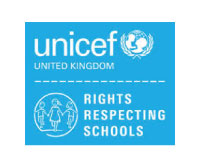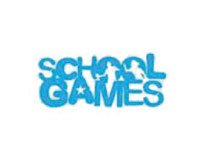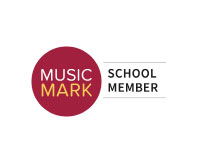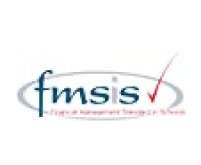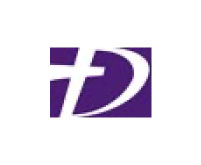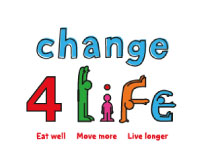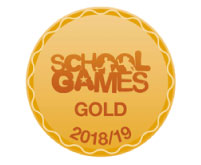Safeguarding Team
The safeguarding team is in charge of keeping children safe at home and at school. They are called Designated Safeguarding Leads.
Designated Safeguarding Leads
- Emma Robertson – Headteacher – Designated Safeguarding Lead
- Helen McCarthy – Designated Safeguarding Deputy
- Olympia Robinson – Designated Safeguarding Deputy
- Jo Moody – Designated Safeguarding Deputy
Reporting a safeguarding concern
To report a safeguarding concern, please contact the Headteacher Mrs. Emma Robertson.
Tel: 01642 787945
Email: Emma.Robertson@egglescliffeprimary.org.uk
Safeguarding Policies
All the following policies can be accessed and viewed from our Policies page which you will find by clicking here
Child Protection Policy
E-Safety Policy
Extreme Radicalisation Policy
Staff Code of Conduct –
Missing Child Policy
National Publications
Keeping Children Safe in Education
The statutory guidance from the Department for Education affirms (page 5) that ‘all staff members should be aware of systems within their school or college which support safeguarding and these should be explained to them as part of staff induction. This should include:
- the child protection policy;
- the staff behaviour policy (sometimes called a code of conduct); and
- the role of the designated safeguarding lead (See Annex B/Page 89)
Prevent
It is important to remember that issues in regard to radicalisation and extremism are safeguarding issues, and the same level of risk assessment and proportionate response are required.
You can read the departmental advice for schools on the Prevent Duty (DFE) Alternatively you can also refer to Keeping Children Safe in Education above for further information or our Safeguarding and Child Protection policy. Staff have been completing a series of online training modules - A register exists to determine which staff have completed the training.
External Advice
- Reporting extremist Material Online (Report online material promoting terrorism or extremism – GOV.UK (www.gov.uk) ) This is a self reporting link to report extremist material online where the Counter Terrorism Policing Internet Referral Unit will investigate and if identified as extremist in content will seek to remove.
- Act Early (ACT Early | Prevent radicalisation ) This is the link to Counter Terrorism Policing PREVENT website which provides information on spotting the signs of radicalisation and how you can get safeguarding support if you think a loved one or friend is at risk
- Internet Matters ( Information, Advice and Support to Keep Children Safe Online (internetmatters.org)
- UK Safer Internet Centre (UK Safer Internet Centre – Online Safety Tips, Advice and Resources | Safer Internet Centre)
Public
- Barnardos (www.barnardos.org.uk): Barnardos run specialist services for children and young people who have engaged in harmful sexual behaviour or area risk of or experiencing child sexual abuse and exploitation
- Childline (www.childline.org.uk): Childline is a free, private, and confidential service where children and young people can talk about anything either on the phone or online. Childline provides information and advice on a range of topics including nudes and semi-nudes and, with the IWF, offers Report Remove, a tool to help under 18s in reporting images and videos to get them removed from the internet. Childline also includes online safety advice for d/Deaf children andyoung people
- Childnet (www.childnet.com): Childnet provides free online safety information,advice and educational resources for young people, professionals and parents and carers. This includes session plans on online sexual harassment, healthy relationships and the sharing of nudes and semi-nudes. Learning resources for children and young people with special educational needs and disabilities(SEND) are also available
- NCA-CEOP – Thinkuknow (www.thinkuknow.co.uk): Thinkuknow is the online safety education programme from the National Crime Agency. It provides information and advice for parents and carers and children and young people on sex, relationships and the internet.
- NSPCC (www.nspcc.org.uk): The NSPCC provides training and guidance for professionals and advice for parents and carers across a range of child safeguarding topics. The NSPCC also provides services that work to protect children against sexual abuse and free teaching resources and lesson plans that explore healthy relationships, concerning or abusive behaviour, and sharing images online. Learning resources for children and young people with SEND are also available.



